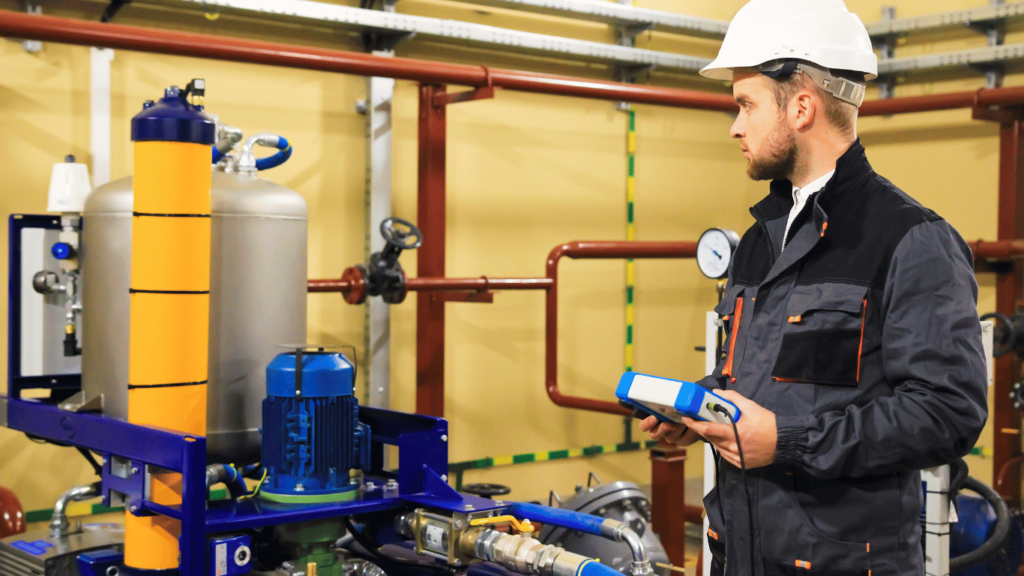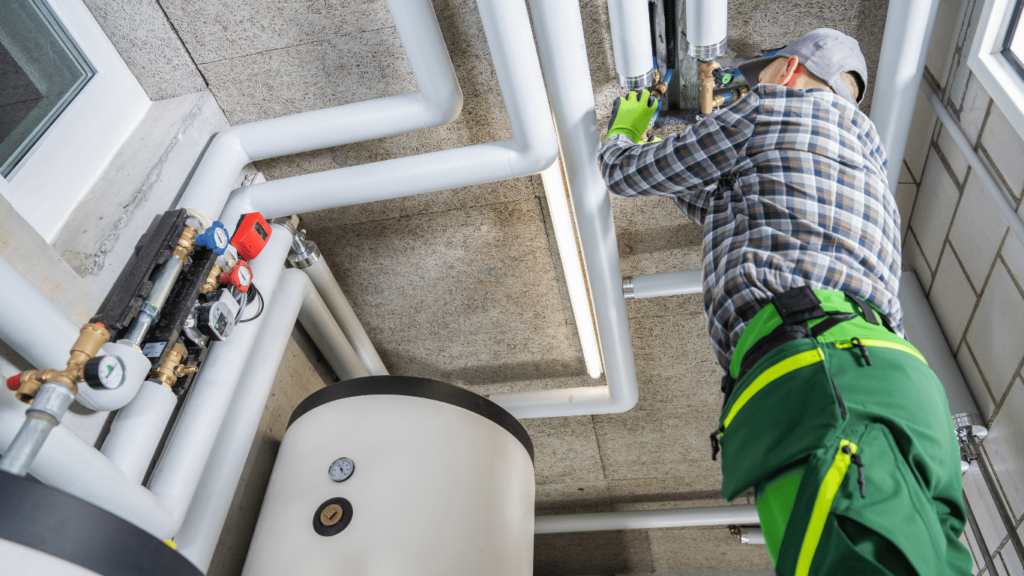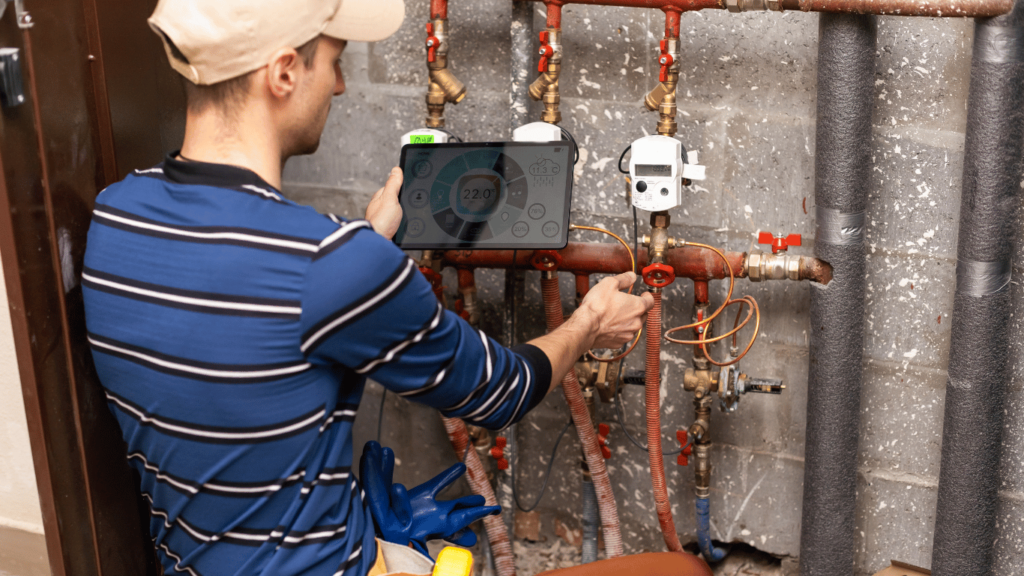Winter in coastal areas poses distinct challenges for plumbing systems. The combination of freezing temperatures, salty air, and high humidity can cause significant damage if not managed effectively. This detailed guide walks you through the steps needed to safeguard your plumbing system and ensure it endures the winter months unscathed.

Understanding the Impact of Coastal Living on Plumbing
Living by the coast has unique advantages but also presents specific threats to plumbing:
- Corrosion: Salt-laden air accelerates the rusting and deterioration of metal pipes and fixtures. Corroded pipes are more likely to develop leaks or burst during temperature drops.
- High Humidity: Persistent moisture in the air can condense on pipes, promoting mould and mildew growth and weakening pipe integrity.
- Rapid Temperature Fluctuations: Sudden changes in temperature can cause expansion and contraction in plumbing materials, leading to cracks and joint failures.
- Frequent Flooding Risks: Coastal regions often experience flooding or high groundwater levels, which can damage underground plumbing and contribute to blocked drains.
Proper preparation and material choices are essential to counter these challenges and maintain plumbing longevity.
How to Prepare Outdoor Pipes for Winter
Outdoor pipes are the most vulnerable to freezing and bursting during coastal winters. These steps ensure their protection:

Insulate Exposed Pipes:
Wrap foam pipe insulation or use heat tape to cover pipes in unheated areas. This keeps pipes warmer and reduces the risk of freezing. Double-check pipes in garages, basements, and external walls for exposure.
Disconnect and Store Hoses:
Leaving hoses connected to outdoor faucets can cause water to freeze and expand, damaging the faucet or pipe. Always disconnect hoses, drain any remaining water, and store them in a dry location.
Install Frost-Proof Spigots:
Replace standard outdoor faucets with frost-proof models. These faucets prevent water from freezing within the pipe by extending the shutoff valve further into the house where it is warmer.
Seal Openings Around Pipes:
Inspect your home’s exterior for gaps or cracks near pipes. Seal these with weatherproof caulk or insulation to block cold air that can increase freezing risks.
How to Drain Plumbing for Winter
If you plan to leave your coastal home vacant during the winter, draining your plumbing system is essential to avoid frozen pipes.

Shut Off the Main Water Supply:
Locate the main shutoff valve, usually near the water meter or where the main line enters your home. Turning this off prevents any new water from entering your pipes.
Open All Faucets and Valves:
Start from the top floor and open every tap, including outdoor spigots, to allow water to drain completely from the system. This step relieves pressure and ensures pipes are empty.
Flush Toilets and Appliances:
Flush each toilet multiple times to clear water from the tank and bowl. If your appliances, like washing machines or dishwashers, retain water, drain them as well.
Drain the Water Heater:
Connect a garden hose to the water heater’s drain valve and empty it completely. Standing water can freeze and damage the tank if left unattended.
Use Compressed Air:
Compressed air can help clear any residual water that might otherwise freeze and cause cracks in areas like irrigation systems or outdoor plumbing.
Tips to Prepare Your Home’s Plumbing This Winter
Ensuring your plumbing is winter-ready involves proactive maintenance and upgrades:
Schedule Professional Inspections:
Hire a plumber to check your pipes, water heater, and overall system for weak spots. Catching potential issues early can save significant costs later.
Upgrade Corrosion-Prone Materials:
Coastal homes benefit from materials like PVC or PEX, which are resistant to both corrosion and freezing. Consider replacing old metal pipes in vulnerable areas.
Install a Sump Pump:
Coastal areas often face flooding risks. A sump pump in your basement or crawl space can prevent water damage and protect your plumbing system.
Monitor Water Pressure:
High water pressure can strain pipes, especially in older systems. Install a pressure regulator to maintain safe and consistent pressure levels.
Tips for Preventing Blocked Drains
Blocked drains are a year-round concern but can worsen during winter. Preventative measures are key to avoiding this inconvenience:

Dispose of Waste Properly:
Avoid pouring fats, oils, and grease (FOG) down the sink. These substances solidify in cold weather and clog pipes.
Install Drain Strainers:
Place strainers in your sinks and showers to catch debris such as food particles and hair. This simple tool reduces the likelihood of blockages.
Flush Drains Regularly:
Pour a mixture of hot water, baking soda, and vinegar into your drains monthly. This combination dissolves buildup naturally and keeps pipes clear.
Address Tree Roots:
Coastal homes often have dense vegetation. Tree roots can infiltrate underground pipes and cause severe blockages. Regular inspections can detect early signs of intrusion.
Guide to Drain Unblocking
If a drain becomes blocked, follow these steps to resolve the issue efficiently:
Assess the Problem:
Identify which drains are affected. The blockage may be in the main sewer line if multiple drains are slow.
Use a Plunger:
For minor clogs, a plunger is often effective. Create a tight seal and use strong, consistent plunges to dislodge the blockage.
Deploy a Drain Snake:
Insert a drain snake to physically break up or retrieve debris causing the obstruction. This tool is particularly useful for hair or grease clogs.
Avoid Chemical Cleaners:
Harsh chemical cleaners can corrode your pipes over time. Opt for eco-friendly solutions or call a professional for severe clogs.
Plumbing Services
If winter plumbing preparation feels overwhelming, professional assistance ensures every step is handled with expertise. Jones the Pipe, a trusted UK-based company, offers comprehensive services tailored to coastal homes. From pipe insulation to corrosion-resistant installations, Jones the Pipe is your reliable partner for winter-ready plumbing.
Conclusion
Preparing plumbing systems for coastal winters is an investment in your home’s safety and efficiency. You can avoid costly repairs and ensure uninterrupted water flow during the colder months by insulating pipes and draining systems and preventing blocked drains. For tailored solutions and expert advice, trust Jones the Pipe to keep your plumbing system resilient against coastal winter challenges.

